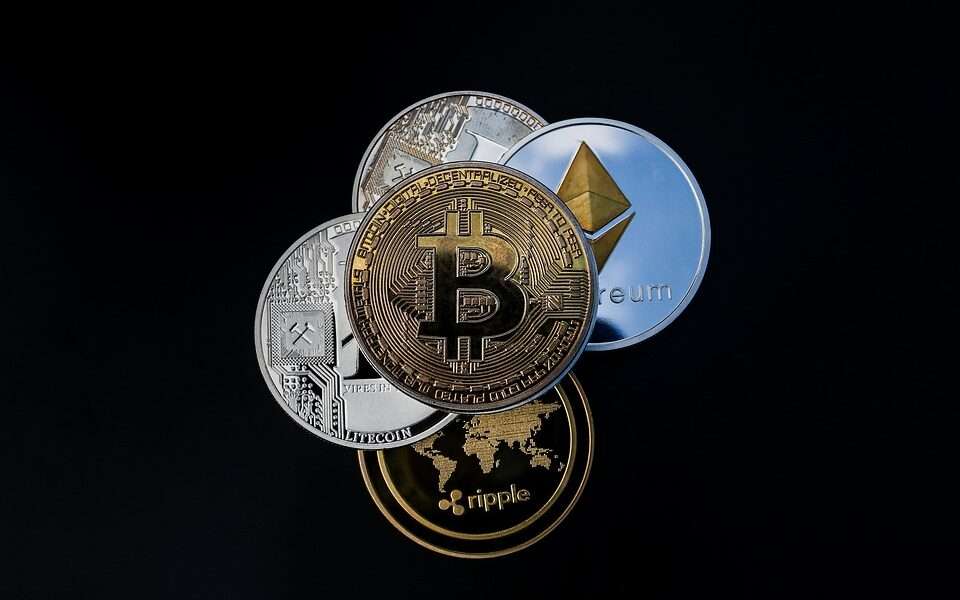Rise of the stablecoin
Mainly due to the high volatility, the journey of the cryptocurrencies has been very bumpy at times since their beginnings and anything but stable.
Two of the big hitches so far: The first in 2013-2014 and the associated hack of a popular crypto exchange and the second around 2017-2018, the crash of Bitcoin, Ether & other cryptocurrencies from the peak.
With the advent of stablecoins, many people and investors began to view cryptocurrencies more as a form of payment. The fact is: Bitcoin is already being used as a means of payment in a wide variety of sectors today.
Of course, the environment for cryptocurrencies has already improved, but the Banking Circle study has shown that there are still many hurdles and challenges to be overcome, which could possibly stop or significantly slow down the entire development.
For example, the high cost of transactions on the Ethereum network is one of the top considerations for banks looking to participate in the digital asset revolution, although costs are likely to decrease as new code layers are introduced.
Sometimes one of the most important considerations for the banks - the high costs for transactions, for example in the Ethereum network. Of course, banks want to be part of the digital asset revolution.
Some good news, perhaps , is that the crypto industry is set to gain some minor leverage over the central bank, with none other than former Ripple adviser Michael Barr being appointed to the Fed's board of directors last Wednesday.
According to a banking sector survey conducted by the US Federal Reserve, it comes to the conclusion that the majority of big banks do not see cryptocurrencies and also crypto financial services as a really important priority for the near future, at least for now.
On the other hand, according to some media reports, the Swiss bank PostFinance is planning to enable trading in Bitcoin and other cryptocurrencies.
And by no means all banks are reluctant to offer their customers the purchase of digital currencies and other crypto assets, despite the collapse in prices on the crypto market.
Conclusion : Certainly there will still be many challenges to be overcome, but it is not for nothing that good things take time.
My Top PicksHoneygain - Passive earner that pays in BTC or PayPalMandalaExchange -The Best no KYC crypto Exchange!
BetFury - Play And Earn BFG for daily Bitcoin and ETH dividends!
Pipeflare - Faucet that pays in ZCash and Matic, Games pay in DAIWomplay - Mobile dApp gaming platform that rewards in EOS and BitcoinCointiply - The #1 Crypto Earning SiteLiteCoinPay -The #1 FaucetPay earner for LitecoinLBRY/Odysee - YouTube Alternative that lets you earn Money by viewing videos!FaucetPay - The #1 Microwallet PlatformFREEBTC - The #1 FaucetPay earner for Satoshi'sFaucetCrypto - An earning/faucet site that pays out instantlyFireFaucet - An earning site that pays better for some than Cointiply
DogeFaucet - Dogecoin Faucet
xFaucet - BTC, ETH, LTC, Doge, Dash, Tron, DGB, BCH, BNB, ZEC, FEY - Claim every 5 minutes
Konstantinova - BTC, ETH, LTC, Doge, Dash, Tron, DGB, BNB, ZEC, USDT, FEY, 25 Claims Daily


Comments
Post a Comment